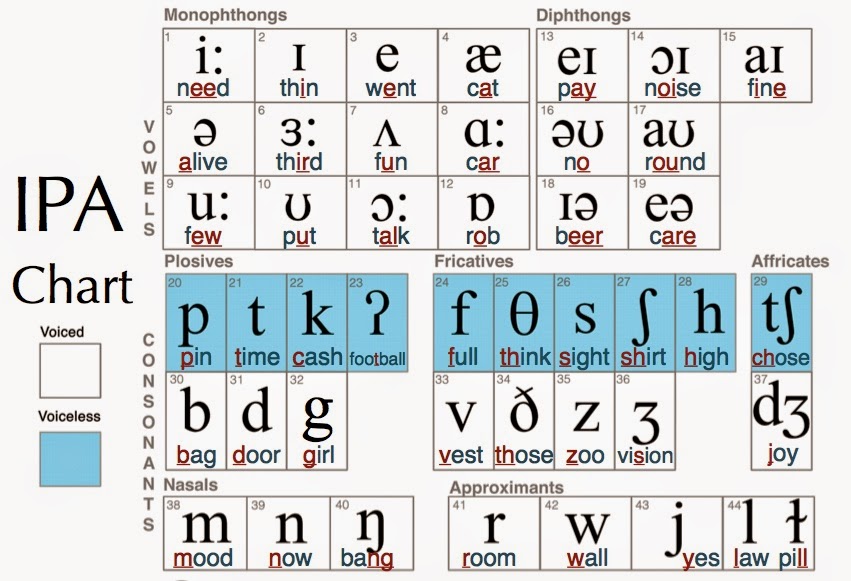Homophone Time!

If you read my article Nemo the "ghoti"? Stop clowning around!, you may remember that I talked about how there, their and they're all sound exactly the same when spoken. That's because they're homophones; words which sound exactly the same but are spelt differently.
There are countless examples of homophones in the English language, such as where and wear, no and know, pear and pair. I guess you're wondering: "How do you know which word the speaker's referring to?" The answer's simple: by the context in which it's used. I'll demonstrate it with this exercise:
Using there, their and they're, put the words in the correct gaps.
1. ............. car broke down yesterday, so I'm letting them borrow mine.
2. We parked the car over ............, by the trees.
3. The mechanic's closed for the holidays so .............. getting the car fixed next week.
......................................................................................................................................................
Answers
1. Their The clues are the noun car and the possessive pronoun mine.
2. there Over is the 1st clue and the 2nd is the position: by the trees.
3. they're Getting demonstrates a need for the present continuos tense.
Provided you understand the meaning of the homophones and how they're used, there should be no misunderstandings. Although perhaps there aren't as many homophones in Spanish, they still do exist. For example, I'm sure you don't confuse hola with ola or bienes with vienes do you? And it's for the exact same reason as in English: you instinctively know the word from the context.
Now that we understand how homophones work, let's try some more exercises! Choose the correct homophone for each sentence. Remember to conjugate verbs and you may need to make some nouns plural.
1. (wear/where)
".................'s your sweater?"
"I'm ................ it!"
2. (pear/pair)
"How much are the ..............?
"They're 30p each, 50p for a ..............."
3. (sea/see)
I can ........ the .........!
4. (theirs/there's)
"............. your house!"
"No it's not my house, it's ..........."
5. (threw/through)
Which of you ............. the ball .............. the window?!
6. (bee/be)
I wonder what it'd ......... like to .......... a ..........: flying and buzzing around all day.
7. (here/hear)
"Do you ........... anything?"
"Yes, I can .......... something coming from over ........... behind the trees."
8. (meet/meat)
"It was a pleasure to .............. you. Did you enjoy the dinner party?"
"Yes, it was wonderful. And the ............ was delicious!"
"Thank you. I cooked the ............ myself. I hope we ............. again."
"I expect so."
9. (know/no)
Excuse me. Do you ........... if this seat's taken? It's just that there are .......... other seats available.
How did you do? I dare the C1 and C2 learners to have a go at the next exercise, which puts homophones and phonemes into practice! 😁 Every IPA transcription in the list below is a homophone. Which two words do they produce in speech? I've included a phonemic chart below in case you need it.
kᴐ:t fɑ:ðə nəʊz nʌn səʊ sʌn θru:
wᴐ: wᴐ:n weðə bIld wIʧ

If you have any doubts about the answers, email me or write in the comments section below and I'll get back to you. If you struggled with the last exercise, don't worry! It's not necessary to know the whole IPA chart by heart to have good pronunciation. Just be aware of it and of the fact that English has many homophones. Finally, remember that context is key. So if you ask someone the meaning of a word, make sure you also give them the phrase in which it appears, otherwise you might be incorrectly told that court is the past tense of catch and caught is where criminals are convicted! 😜